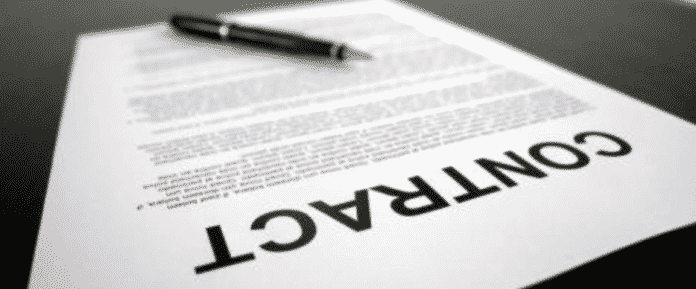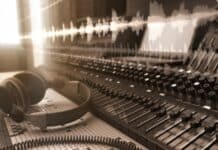
With EDM music no longer blasting in bars and social clubs due to the pandemic, musicians who create these infectious tunes are also dealing with a big loss in income.
Most profit of EDM has typically revolved around live performances, there are other options out there.
One of the most digital and profitable choices is that of music licensing.
Music licensing is allowing the use of your copyrighted music to be played for various types of broadcasts – television, film, commercials, streaming ads, video games, etc. Electronic music has a large umbrella of music and can come in a ton of different styles, which is very appealing to producers and creatives who are looking for specific sounds to fit their projects.
However, if you are considering allowing your music to be licensed and collect profits, there are some things that are important to know ahead of time.
SOME BASICS ON MUSIC LICENSING TO START
The main contract agreement that is brought about when someone is wanting to license music is actually for two separate licenses because when the music is made there are two copyrights born. The first is the actual composition of the music – including lyrics, instruments (digital or otherwise), and then the second part of the license is the recording of the music.
Now you have the option here to utilize just instrumental, which is mostly EDM but you can also have lyrics. Just be aware that explicit lyrics should be used very rarely. You also don’t want to use samples but have the actual full music track available for the license.
The other part that is extremely important is that you have to own your music. When you own 100% of the rights to the music that you submit for licensing because that will not only make it easy for you to obtain all royalty fees but also for the one who wants to license your track.
Also, when you plan to license your music you should make sure to register your music tracks with a Performance Rights Organization. Some of the most popular ones in the US are ASCAP and BMI. You only have to register your music with one of these organizations.
BE ORGANIZED WITH YOUR MUSIC
The metadata, or music information, is also something that you should have handy and a great way to label all of your music tracks for storing. It provides the list of the musician or artist (which typically would be you), the name of the song or track title, the album it comes from if applicable, and then your EDM genre, as well as a recording date.
If you’re unclear how to set up this way of organizing your music, here is an example:
You should also create a spreadsheet to track your own music so that you can keep track of where you submit your music for music libraries. This can come in handy if you’re submitting the same tracks to more than one platform for music licensing services.
MUSIC LICENSING AGREEMENT
Once you’ve done these steps, you are ready to license your EDM tracks. The next part would be actually obtaining an agreement with a producer or creative who now wishes to utilize your music within their given project.
As with any contract, you should consult an attorney if at all possible to help make sure you understand all of the information before you sign the documents. Sometimes the legal wording can become confusing and you should be very clear on your rights and fees.
All music licensing agreements should contain a few things: The rights granted by you, the owner for the use of the music, the name of the licensor (you again), the licensee (whoever is looking to purchase the rights for use), and the broadcast or performance, which is the when and where your track will be used, if there will be any changes made to the music, will it be performed live or done by recording, etc.
MAKE MONEY THROUGH MUSIC LICENSING
Utilizing a music licensing platform is an excellent idea for EDM musicians because they will do much of the negotiating on your behalf. The other reason you should use them is that many of these companies that have multiple libraries for music tracks already have reputations with creatives, producers, other artists, etc. so you can not only expand your network but actually build it in the process, especially as a new EDM artist.
With the uncertainty of when live performances will be allowed again, and our hope is very soon – but let’s face it we are looking at festivals now for 2022, we can only explore the other digital opportunities for musicians to continue to stay afloat during these difficult times. Consider licensing your original tracks and all the benefits that may come about in doing so.










